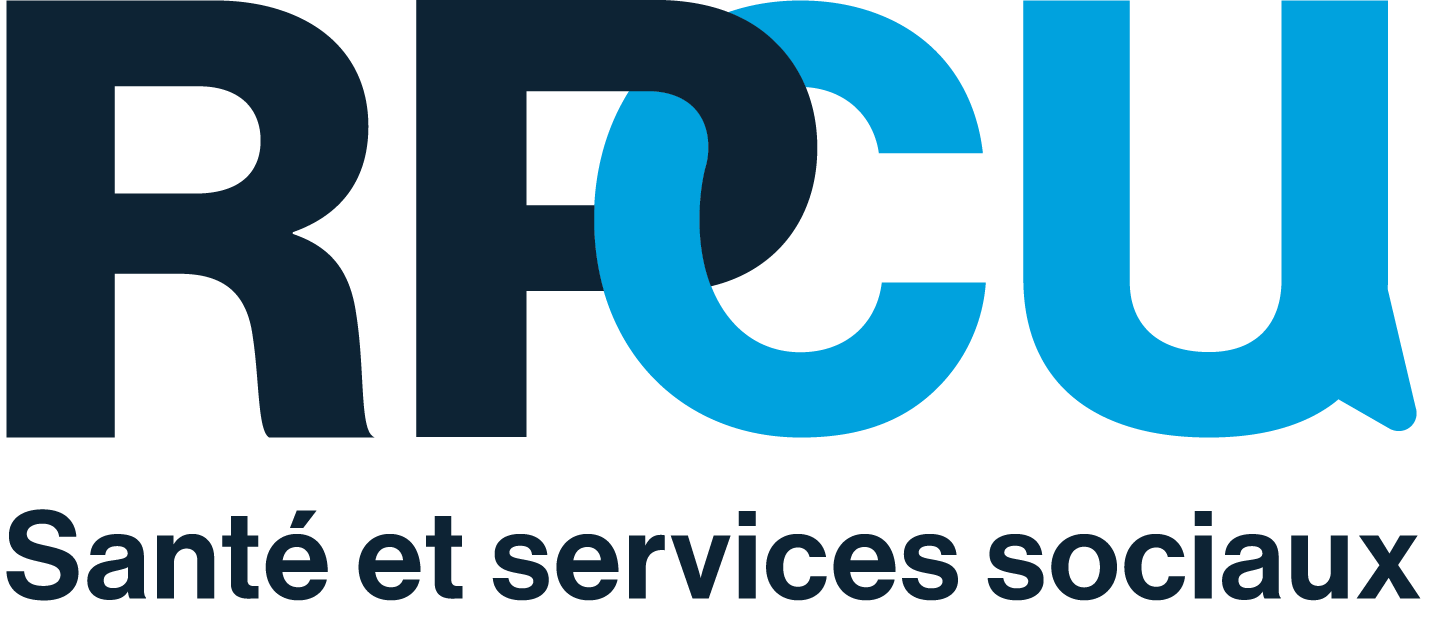What do the committees do?
Committees are present in all health and social service facilities, as required by law. They are therefore present throughout Quebec, whether in physical and mental health care facilities, in rehabilitation centres (physical impairment, intellectual disability and autism spectrum disorders, addictions), in child and youth protection centres, and in hospitals, including CLSCs. in-patients committees work in nursing homes and report to a users committee.
Users and in-patients committees are autonomous committees of the facility. They are legal entities, but they don’t have a legal personality. The following is an explanation of their different roles.
Defending users’ rights
Users and in-patients committees are the guardians of users’ rights. As such, they must ensure that users are treated with respect for their dignity and in recognition of their rights, act as spokespersons for users and residents in dealings with the facility’s governing bodies, show particular concern for the most vulnerable user groups, and promote the improvement of residents living conditions.
Continuous improvement in service quality
The committees actively contribute to the continuous improvement of service quality. They do this by listening to users’ and residents’ comments and by conducting satisfaction surveys on the care and services received. They report and follow up on their observations.
Legal functions of users committees
- Inform users of their rights and responsibilities.
- Promote improvement in the quality of users’ living conditions and assess the degree of user satisfaction with the services provided by the facility.
- Defend the collective rights and interests of users or, at a user’s request, the user’s rights and interests with the facility or any other competent authority.
- On request, accompany and assist users in any action they take, including complaints.
- Where applicable, ensure that each in-patients committee operates smoothly and has the resources it needs to carry out its duties.
- Where applicable, evaluate the effectiveness of the measure implemented under the provisions of section 209.0.1 (LSSSS).
Legal functions of in-patients committees
- Inform users of their rights and responsibilities.
- Promote improvement in the quality of users’ living conditions and assess the degree of user satisfaction with the services provided by the facility.
- Defend the collective rights and interests of users or, at a user’s request, the user’s rights and interests with the facility or any other competent authority.
Composition of users and in-patients committees
The members of users committees are elected by the users of the facility. In-patients committee members are elected by the residents of the residential centre. A users or in-patients committee is made up of volunteers elected for a 3-year term by and among users (or their representatives) who receive services in a given territory or specific to a particular clientele. Each facility appoints a representative to liaise with the committees and the various departments.
The legal framework
Contrairement aux organisations communautaires et à des organisations de loisirs qui déterminent elles-mêmes leur mission, les comités des usagers et de résidents ont des fonctions précises qui sont définies par la loi. Le mandat et les fonctions des comités des usagers et de résidents sont régis par la Loi sur les services de santé et des services sociaux (LSSSS) aux articles 209 à 212. De plus, le ministère de la Santé et des Services sociaux a publié un Cadre de référence relatif aux comités des usagers et aux comités de résidents qui encadre les actions des comités.
Integrated centre users committees (CUCI)
Bill 10, which was passed in 2015, changed the organization of the health and social services network by merging institutions, leading to the creation of integrated (university) health and social services centres designated by the acronym CISSS (or CIUSSS). Users committees were not merged and remained in operation, hence the singular term comité des usagers continué.
This law also requires the creation of a users committee within each CISSS or CIUSSS, known as a comité des usagers du centre intégré (CUCI). Each CUCI is made up of a representative from the comité des usagers continué, appointed by the committee presidents, as well as representatives appointed by the in-patients committees of all the integrated centres.
Generally speaking, in one region, the CUCI harmonizes the work of all the users committees in its territory, which in turn oversee the in-patients committees of the nursing homes in their area or territory.
A CUCI representative sits on the Board of Directors of the CISSS or CIUSSS.

